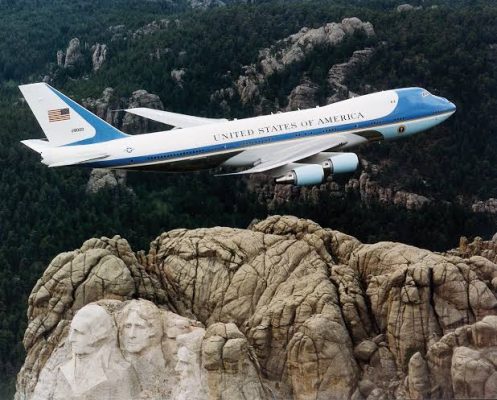
Washington: Boeing will have to pay US$168 million out of pocket to cover increased costs on the VC-25B Air Force One replacement programme, the company said on April 29.
The overrun was due to “engineering inefficiencies” caused by the impact of COVID-19, but Chief Financial Officer Greg Smith of Boeing said the programme remains on schedule with a projected delivery of the first VC-25B in 2024.
However, Boeing’s quarterly report to the Security and Exchange Commission noted future risk to the programme’s cost and schedule as a result of the engineering challenges. “We believe these inefficiencies will result in staffing challenges, schedule inefficiencies and higher costs in the upcoming phases of the programme,” the company stated in the report.
It was not immediately clear how work on the VC-25B programme had been disrupted.
“That charge was really associated with COVID-19,” Smith told reporters in an April 29 phone call. “As we have folks working virtually — particularly on the engineering side — as well as that’s gone, we certainly experienced some inefficiencies that has caused us to re-evaluate our estimates to complete those efforts. And that’s essentially what you saw today in our results and the charge associated with that.”
Smith said although the programme team has done a “good job” of managing the programme in the face of changes caused by the novel Coronavirus pandemic and is “executing very well on many fronts,” Boeing could not mitigate the added cost to the programme this financial quarter.
Air Force acquisition executive Will Roper said he spoke with Boeing Defence CEO Leanne Caret about the problem, but because the issue was “late breaking,” he referred detailed questions to the programme office.
Just two weeks ago, Roper praised the progress of the programme, which recently completed its critical design review virtually. At the time, the programme was on schedule with no disruptions due to COVID-19, he said then.
Although the total price of the programme is estimated to hit US$5.3 billion once ancillary costs such as new hangars and revised technical manuals are included, the fixed-price ceiling on the US$3.9 billion deal ensures that Boeing will have to pay for any cost growth incurred while building the two new Air Force Ones.








